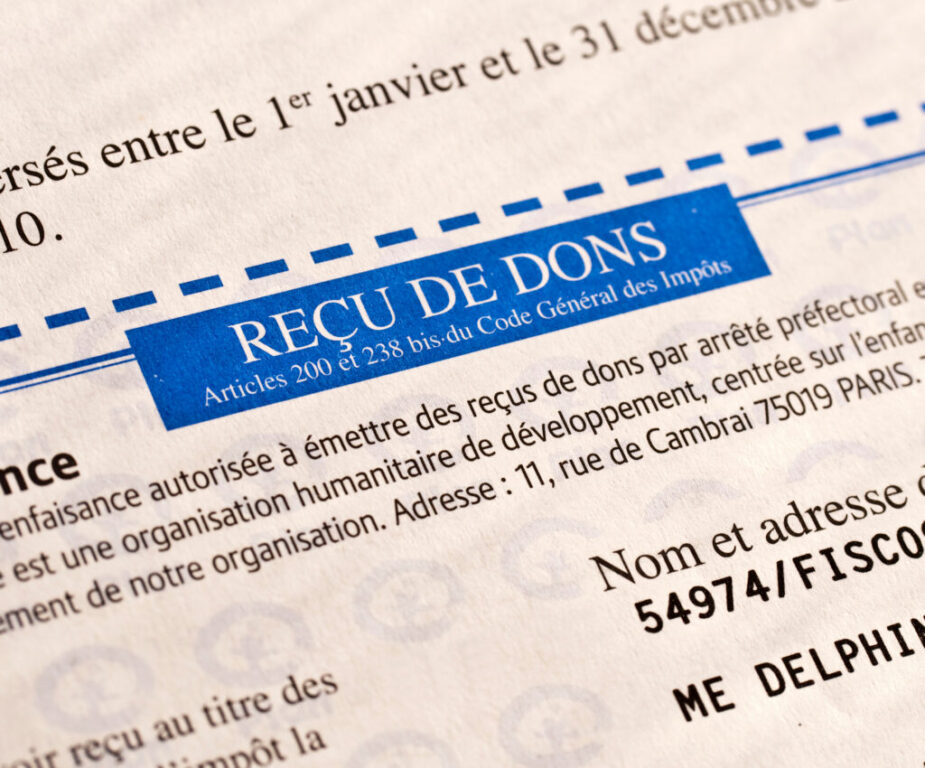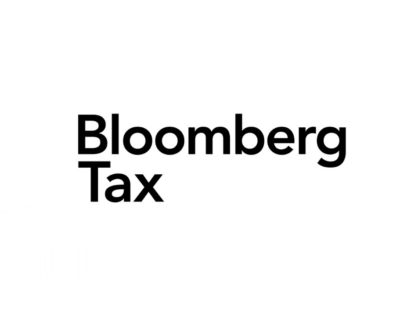Jurisdiction Under Scrutiny: 13 Things to Know About Transfer Pricing in France
- Transfer pricing is regulated by the French Tax Authority (FTA), Direction Générale des Finances Publiques (DGFiP).
- France is a member of the OECD and has concluded an extensive treaty network. France considers its regulations consistent with the OECD guidelines, and local tax authorities follow BEPS developments.
- France subscribes to the OECD’s master file, local file, and country-by-country report (CBCR) with the CBCR for fiscal years beginning on or after January 1, 2026.
- It’s common that once a company has been audited, it enters a recurring pattern of audit on a three- or four-year cycle.
- French inspectors rarely invest the effort in an audit to give a “no change.” Generally, there is the possibility of an adjustment, but the amounts are usually subject to discussion.
- The threshold for both the master file and local file has been reduced to EUR 150 million, effective January 1, 2024. Prior to that, the master file requirement applied to groups with a consolidated turnover of at least EUR 400 million, and the local file threshold applied to companies exceeding EUR 50 million, essentially broadening the scope of taxpayers required to prepare transfer pricing documentation.
- Transfer Pricing Statement CERFA 2257-SD needs to be submitted as part of the taxpayer’s annual CIT return. The threshold for the required filing of this form is EUR 50 million, and it must be filed electronically in French.
- France does not have a requirement for transfer pricing documentation for domestic transactions; however, domestic transactions may still be scrutinized during a tax audit.
- While the transfer pricing statement CERFA 2257-SD must be filed in French, transfer pricing documentation does not need to be submitted in French. It may be submitted in English, but the FTA can demand a translation into French for all or parts of the documentation.
- The only safe harbor in France relates to intragroup financing. A French borrower that pays a rate that is equal to or lower than the FTA published quarterly, “legal rate” will not be questioned.
- The corporate tax return is due three months after the close of the fiscal year, but a minor extension is possible.
- French comparables are preferred but pan-European comparables are sufficient for TP documentation.
- Multiple-year testing (three years) is preferred, and the spreadsheet interquartile range is preferred.










